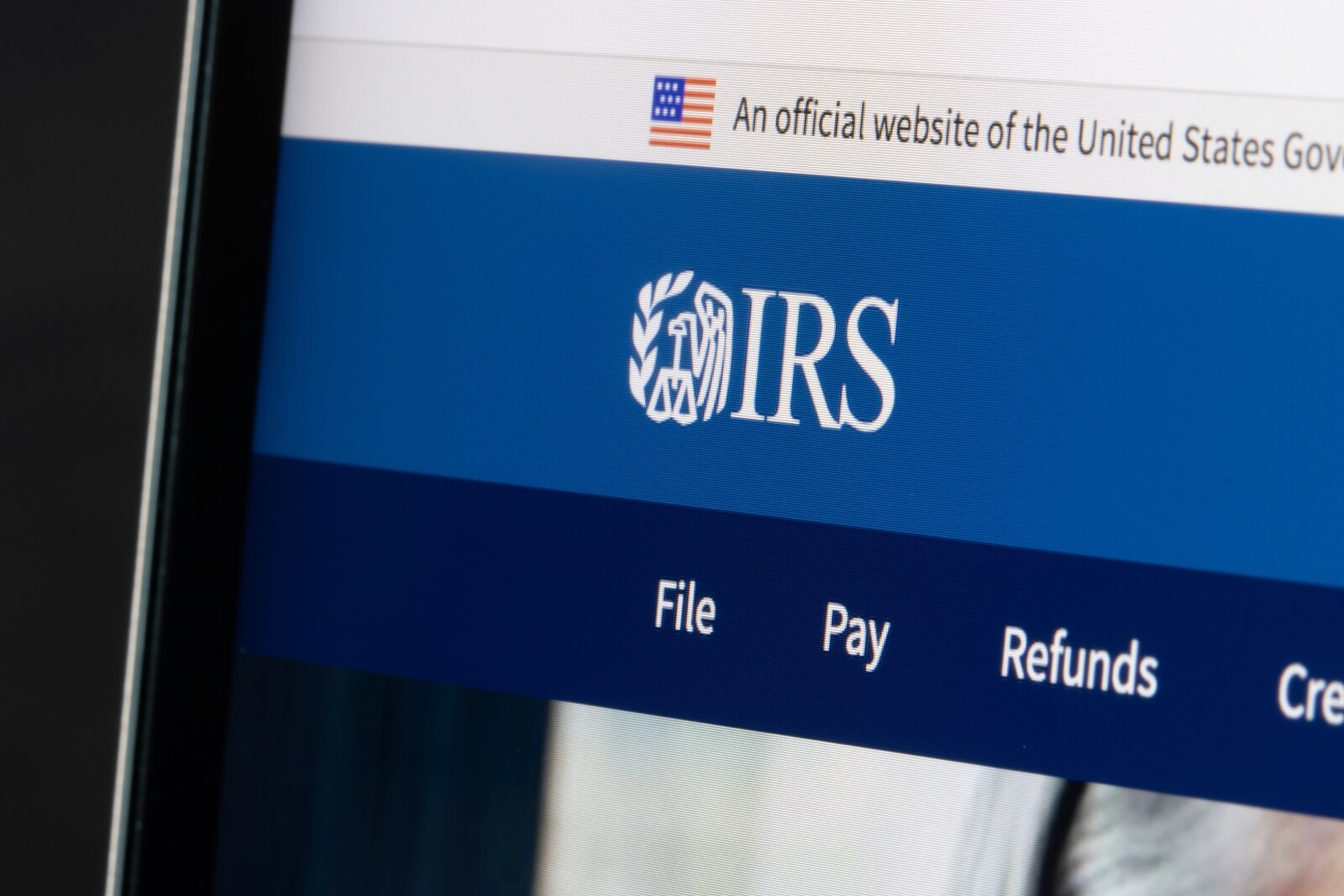Published Aug. 08, 2025 01:24AM EDT
Why Does the IRS Perform a Tax Audit?
Why Do You Face a Tax Audit?
Ever wondered why the IRS might decide to audit your tax return? The word “audit” can send a shiver down the spine of even the most financially responsible taxpayers and businesses. However, understanding the motivations and processes behind IRS audits can help you demystify the experience, reduce anxiety, and, hopefully, avoid it altogether.
An IRS audit, or taxpayer examination, is a review process conducted by the Internal Revenue Service (IRS) to verify the accuracy of your income and deductions as reported on your tax return. The goal? To uncover omitted revenue or inaccuracies. Mid-Atlantic Law & Tax, PLLC, will help you understand why audits happen, what they involve, and how you can prepare for them.
The Primary Purpose of IRS Audits
1. Identifying Omitted Revenue
One of the main reasons the IRS conducts audits is to identify cases where taxpayers fail to report income. This could include unreported earnings from freelance work, side hustles, investment income, or even cash-based businesses. The IRS uses its systems to scan for discrepancies or missing declarations to ensure taxpayers report ALL their income accurately.
2. Verifying Tax Return Accuracy
The IRS is responsible for maintaining fairness and integrity in the tax system. Auditing ensures that taxpayers are reporting their income and deductions correctly. This protects both honest taxpayers and government revenue.
Reasons for IRS Audits
While audits may seem intimidating, the chances of being chosen for one are relatively low. IRS audits are triggered for several reasons:
1. Statistical Anomalies
Taxpayers often ask, “How does the IRS select who gets audited?” One major factor is a statistical formula called the Discriminant Function System (DIF). This system evaluates your tax return and assigns a numeric score. Returns with scores significantly outside typical parameters may raise red flags.
2. Random Selection
Sometimes, being audited is purely coincidental. The IRS conducts random audits as part of its compliance programs.
3. Information Discrepancies
A mismatch between your tax return and the information the IRS receives from employers, banks, or other institutions is another key trigger. For example, if an employer reports payments to you via a 1099 form, but you fail to report this income, expect the IRS to notice.
4. Prior Audit History
If you’ve been audited in the past and issues were found, you might be at a higher risk of future audits. Consistency and accuracy in subsequent tax filings are critical to avoiding repeated scrutiny.
What Happens During an Audit?
If you’re selected for an audit, here’s the typical process:
1. Notification
The IRS will notify you in writing — a letter or official notice — stating that your tax return has been selected for review. Be cautious — emails or phone calls claiming an audit is underway could be scams.
2. Document Request
You’ll be asked to provide documentation such as receipts, bank statements, or proof of deductions to support the information on your return.
3. Examination and Review
The IRS will carefully analyze the provided documents. Depending on the scope, they may complete the audit remotely (correspondence audit) or in person (field or office audit).
4. Potential Outcomes
After the review, the IRS will issue one of the following determinations:
- No Change: Everything checks out, and no adjustments are made.
- Refund: You may have overpaid taxes and receive a refund.
- Additional Tax: Additional taxes, penalties, or interest may apply if discrepancies are found.
Services Offered by Mid-Atlantic Law & Tax
Understanding tax law and processes is no small feat, and you don’t have to do it alone. Mid-Atlantic Law & Tax is here to help with:
- Tax Preparation, Planning, and Resolution: Whether you’re filing your taxes, planning future tax strategies, or handling existing tax issues, we’ve got you covered.
- Assistance with the IRS and Other Taxing Authorities: IRS audits or dealing with other taxing entities? We’ll guide you every step of the way.
- International Tax: We have extensive experience in managing international tax issues and requirements.
With years of experience, James A. Kraehenbuehl and the Mid-Atlantic Law & Tax team provide trusted guidance to individuals, small businesses, and medium-sized enterprises.
Understanding Audits With Mid-Atlantic Law & Tax — Your First Line of Defense
An IRS audit doesn’t have to be a nightmare. By understanding why the IRS performs audits and how to prepare, you can approach the process from a place of confidence. Whether it’s ensuring accuracy on your tax return, learning more about the types of audits, or organizing your financial records, knowledge is your strongest tool.
Of course, if you’re facing an audit or have concerns about long-term tax preparation, we’re here to help. Contact Mid-Atlantic Law & Tax for professional support—making sense of taxes is what we do best.





